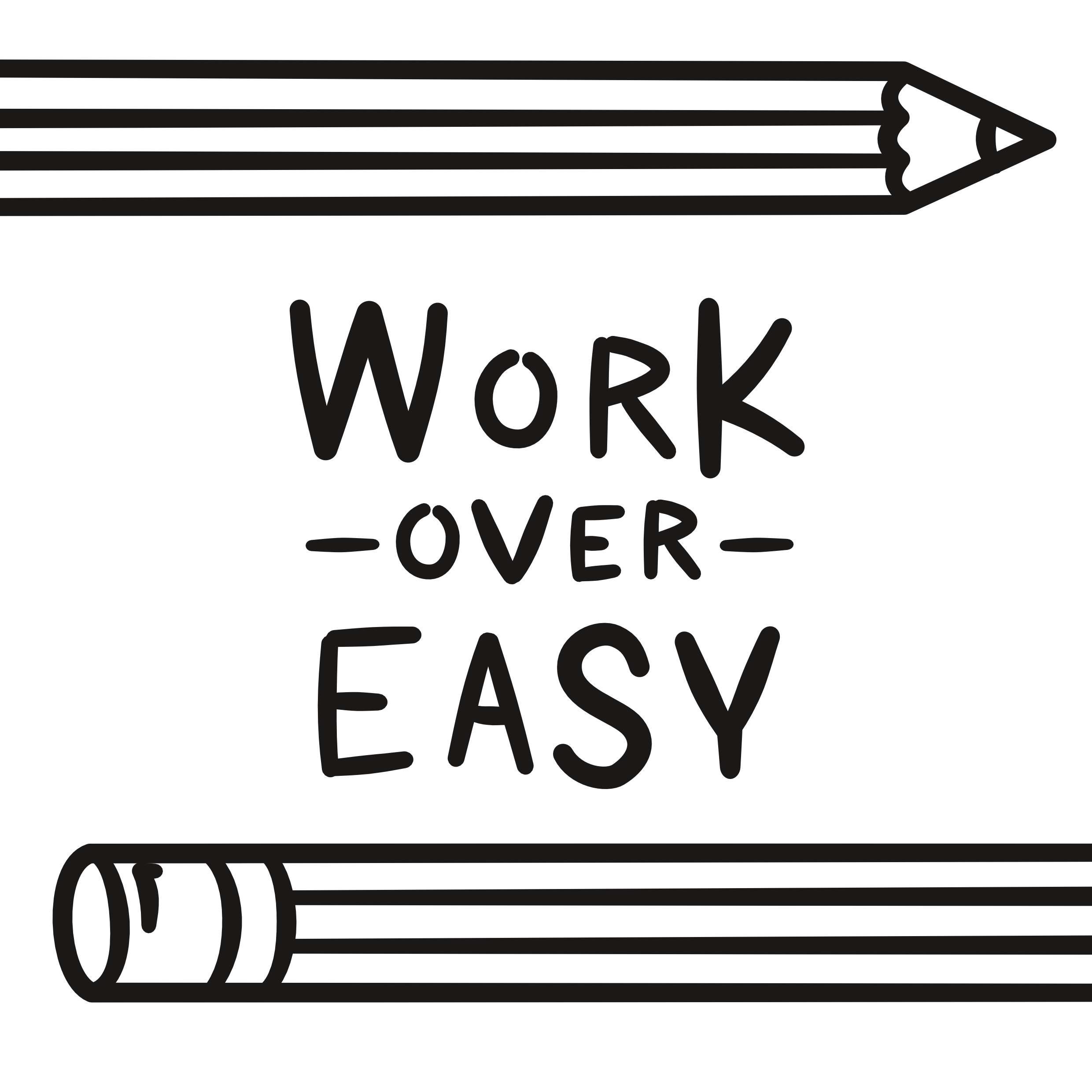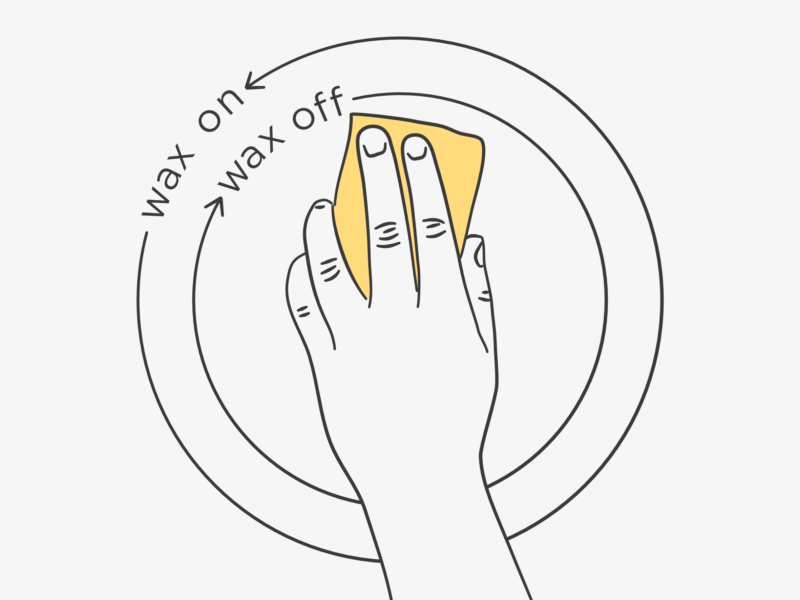One of the major things I’ve learned over the course of my grad scheme so far is how big of a difference one person can make in your career development. Whether that’s the one person who champions you at an interview, the one person who invites you to lunch and makes you feel welcome, or the one person who takes it upon themselves to show you the ropes. Today I want to talk a little bit about finding the last person on that list, a mentor.
A mentor is a completely invaluable resource when you’re just starting, and throughout your career. Having someone you can go to for guidance, and who will help steer you in the right direction can give you so much confidence and really help you develop. You will never know everything, especially if you’ve just started, which is why having a mentor who can either share their experience or act as a sounding board to help you find an answer is so so important.
I’ve had a few mentors through my rotations, some have worked better for me than others. I’ve learned that a good mentor has to be someone you can trust and speak openly with, who you get on with, who actively wants to be involved in helping you develop, and who has enough life and business experience that they can help you grow in more than one way. Now what that person looks like for everyone will be different, and perhaps some of the mentors I’ve loved wouldn’t be right for you and vice versa. It might take a little bit of time, and maybes finding what doesn’t work, until you find someone to guide you, but that’s pretty normal.
So how do you find this mentor?
In some cases, you might be assigned a mentor, which can be a great thing. But even if you’re assigned a mentor, you’re not limited to only turning to that person for advice. What has worked for me is looking to the people who are a few rungs higher than me in jobs I would like to be doing. If you’ve worked with them on a project, and like their style, even better. Then I’ve asked to pick their brains on something, often over coffee, and seen how we get on. I will say that this has been made much easy by the fact that I’m on a grad scheme and I’m kind of expected to reach out to people and try and learn about what they do. The best mentors I’ve had this discussion has happened pretty much unprompted though, once we’ve got chatting, and I’ve asked a few questions, they’ve been more than happy to share their wisdom. Look for people who want to get you involved in projects (or lunch) and are excited about their job and you can’t go far wrong.
Once you’ve found your mentor, here are a few ideas of things you should be working with them on or asking about:
- Most importantly, how can you improve? What does good look like in your industry?
- Where can you skill up?
- Where do they see your business going (if they’re high up enough) or where they see the industry going? It’s useful to know what the future might hold so you can be ready for it
- What projects can you get involved in?
- How should you approach salaries and negotiations?
- How did they deal with any problems you’re facing now when they were starting?
- How to branch out and make yourself more employable and rounded
- Any advice they have for dealing with certain people, or ways of working in your office
- What has their career path been like?
- Help with working on your soft skills like people management
- Ask them to take you along to meetings that are a little above your grade where possible to see what those higher-level conversations sound like
- How can you help them? Make sure you’re giving back too
So, in short, find yourself a mentor and make the most of them by asking all of the questions. Do you have any mentorship advice? Have you had any great mentors? Awful ones?


